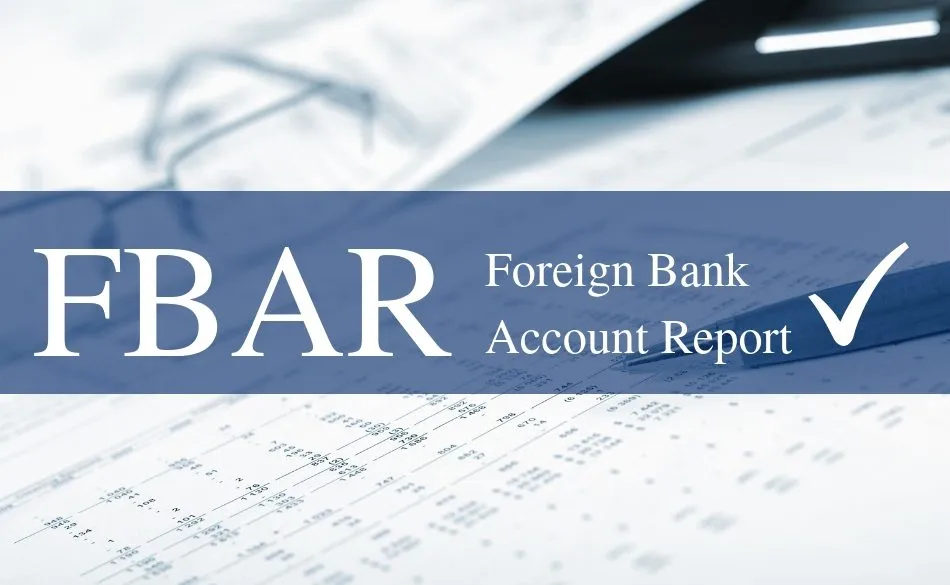 WhatsApp
WhatsApp
 Call Us
Call Us
 Email Us
Email Us
 Whatsapp Community
Whatsapp Community

The global landscape of tax compliance is shifting rapidly, and the latest developments signal a new era of transparency in financial and real estate disclosures. A monumental cache of information, shared by Germany under the Double Taxation Avoidance Agreement (DTAA) with India, has unveiled ownership details of over 1,000 Indian nationals holding properties in Dubai and other parts of the UAE. This marks one of the largest data exchanges of offshore property assets by Indians, surpassing the infamous HSBC Geneva leaks from 2011.
With this unprecedented development, Indian authorities are tightening the noose on tax evasion, particularly on undisclosed international real estate investments. Here’s everything you need to know about this critical issue.
Historically, countries have shared financial data like bank account holdings or stock investments, but real estate transactions have remained under the radar. This exchange sets a new precedent by bringing undisclosed offshore properties into the tax net, emphasizing the need for NRIs to be transparent in their NRI Investment in India to avoid potential legal and financial complications.
This massive data dump has disrupted the Dubai property market and left many investors scrambling to understand the source of the leak. Interestingly, the cooperation stems from automated frameworks such as the Common Reporting Standard (CRS), where financial institutions and intermediaries must report asset holdings to tax authorities.
Penalties and Fines
If individuals purchased properties using disclosed income or legitimate rental earnings but failed to declare them in their tax returns, they might get away with a nominal fine.
However, for those who acquired properties with undeclared income, the consequences are severe. They could face penalties of up to 120%-130% of the market value of the property under the Black Money Act (2015), which targets unaccounted offshore assets. NRIs involved in the sale of property by NRI should be particularly cautious and seek professional guidance to ensure compliance.
Legal Risks
The I-T Department has already started issuing summons under Section 131(A) of the Income Tax Act, 1961, compelling property owners to provide detailed explanations about their income sources.
For NRI Property Owners:
For New Investors:
The recent developments signal a hardening stance against global tax evasion. With G20 nations prioritizing transparency and stricter international frameworks in place, Indian taxpayers with offshore assets must tread carefully. The window for non-compliance is rapidly closing.
At Dinesh Aarjav & Associates, we provide comprehensive guidance on tax planning, international property disclosures, and NRI compliance. Whether you're looking to report offshore assets, optimize your tax liabilities, or navigate complex laws like the Black Money Act, our experts are here to help.
For more updates on tax laws impacting NRIs and global investors, visit our blog at dineshaarjav.com and follow us for actionable insights.







Stay in the loop, subscribe to our newsletter and unlock a world of exclusive updates, insights, and offers delivered straight to your inbox.